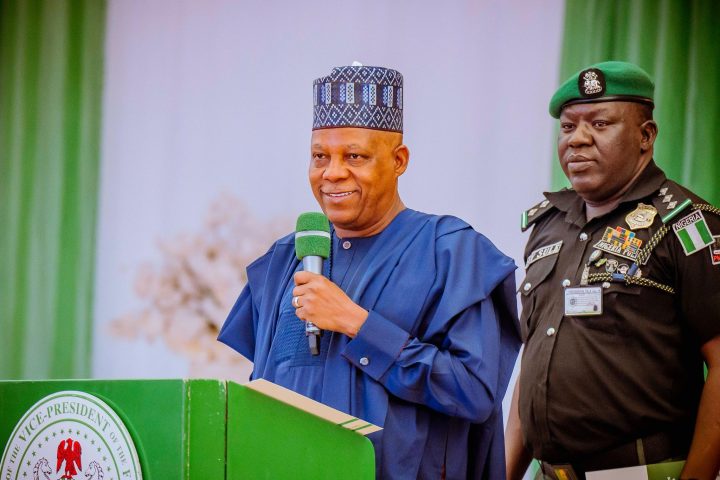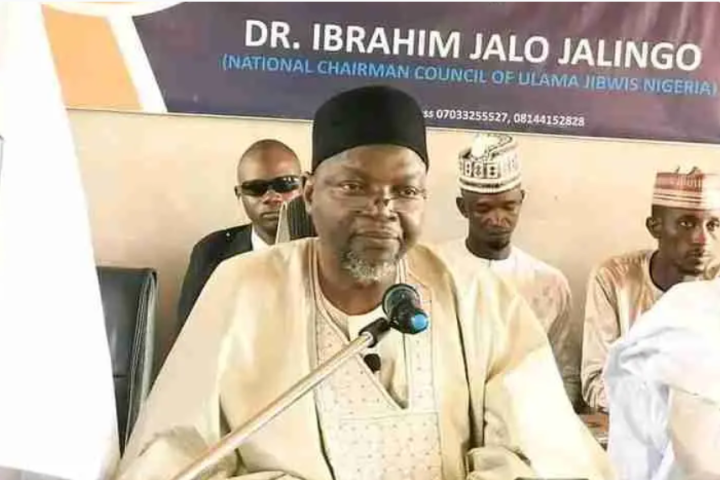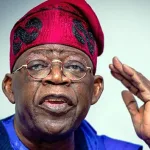In recent years, Nigeria has grappled with a myriad of economic challenges, including a food crisis, currency instability, and a struggling middle class. As President Bola Tinubu steps into leadership, the onus lies on him to navigate these turbulent waters and steer the nation towards prosperity. In this article, we explore actionable strategies for President Tinubu to resolve the food crisis, stabilize the Naira against the dollar, and revamp the economy to benefit all Nigerians, particularly the middle class and the impoverished.
READ ALSO: Why Borno, Adamawa, Kaduna, Others Risk Severe Food Crisis – World Bank
Join our WhatsApp Channel1. Tackling the Food Crisis:
Nigeria’s food crisis stems from various factors, including inadequate infrastructure, climate change, and insufficient investment in agriculture. President Tinubu’s administration must prioritize agricultural reform to boost food production and ensure food security for all Nigerians. This can be achieved through:
Investment in Agriculture: Implement policies to incentivize private investment in agriculture, such as tax breaks and subsidies for farmers. Encourage the adoption of modern farming techniques and technology to increase productivity.
Infrastructure Development: Improve transportation networks and storage facilities to reduce post-harvest losses and facilitate the distribution of agricultural products across the country.
Research and Development: Allocate funds for research institutions to develop high-yielding crop varieties and resilient farming practices suitable for Nigeria’s diverse agro-ecological zones.
Empowerment of Smallholder Farmers: Provide smallholder farmers with access to credit, extension services, and market linkages to enhance their productivity and livelihoods.
2. Stabilizing the Naira:
The volatility of the Naira against the dollar has had detrimental effects on Nigeria’s economy, leading to inflation and uncertainty. President Tinubu can implement the following measures to stabilize the Naira:
Fiscal Discipline: Ensure prudent fiscal management to reduce reliance on oil revenues and minimize budget deficits. Implement policies to diversify the economy and promote non-oil exports, such as agriculture, manufacturing, and services.
Monetary Policy: Work closely with the Central Bank to implement effective monetary policies aimed at controlling inflation and maintaining exchange rate stability. This may include adjusting interest rates, managing foreign exchange reserves, and implementing currency interventions when necessary.
Attract Foreign Investment: Create a conducive business environment to attract foreign direct investment (FDI) and portfolio inflows. This can be achieved through regulatory reforms, infrastructure development, and transparent governance.
3. Revamping the Economy for Inclusive Growth:
To revive the Nigerian middle class and alleviate poverty, President Tinubu must prioritize inclusive economic growth and development. Key initiatives include:
Job Creation: Implement policies to stimulate job creation in key sectors such as manufacturing, technology, and renewable energy. This may involve providing incentives for businesses to expand and hire locally, as well as investing in vocational training and entrepreneurship programs.
Social Safety Nets: Establish robust social safety nets to provide support for the most vulnerable segments of society, including cash transfers, food assistance programs, and healthcare subsidies.
Infrastructure Investment: Invest in critical infrastructure projects such as roads, railways, power generation, and water supply to stimulate economic activity and improve living standards.
Education and Healthcare: Prioritize investment in education and healthcare to equip Nigerians with the skills and knowledge needed to participate in the modern economy and lead healthy, productive lives.
In conclusion, President Bola Tinubu has a monumental task ahead in addressing Nigeria’s food crisis, stabilizing the Naira, and revamping the economy to benefit all Nigerians. By implementing a comprehensive strategy that focuses on agricultural reform, fiscal discipline, and inclusive growth, President Tinubu can pave the way for a brighter future for Nigeria, where the middle class thrives, and the poor have the opportunity to improve their livelihoods. It is imperative that these initiatives are pursued with urgency and commitment to ensure a prosperous and equitable future for all Nigerians.


















Follow Us